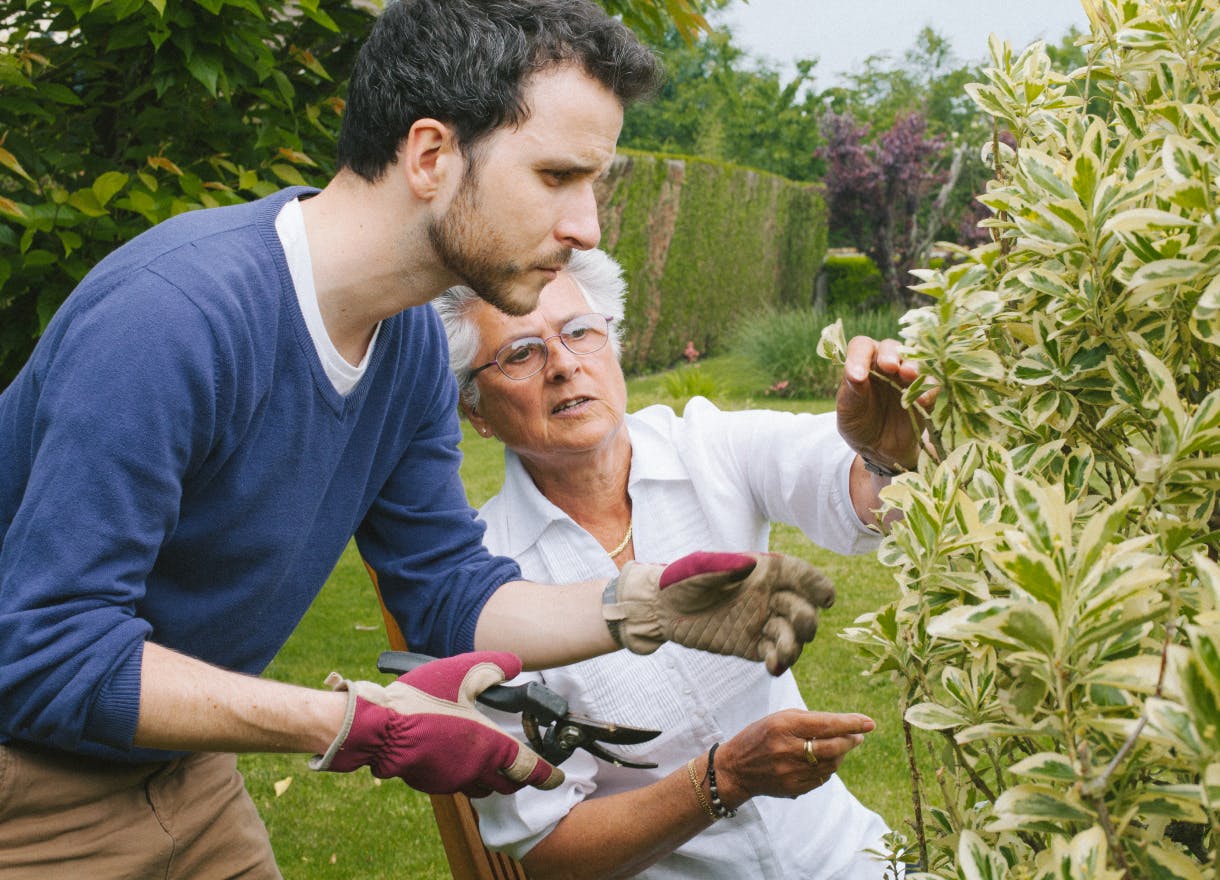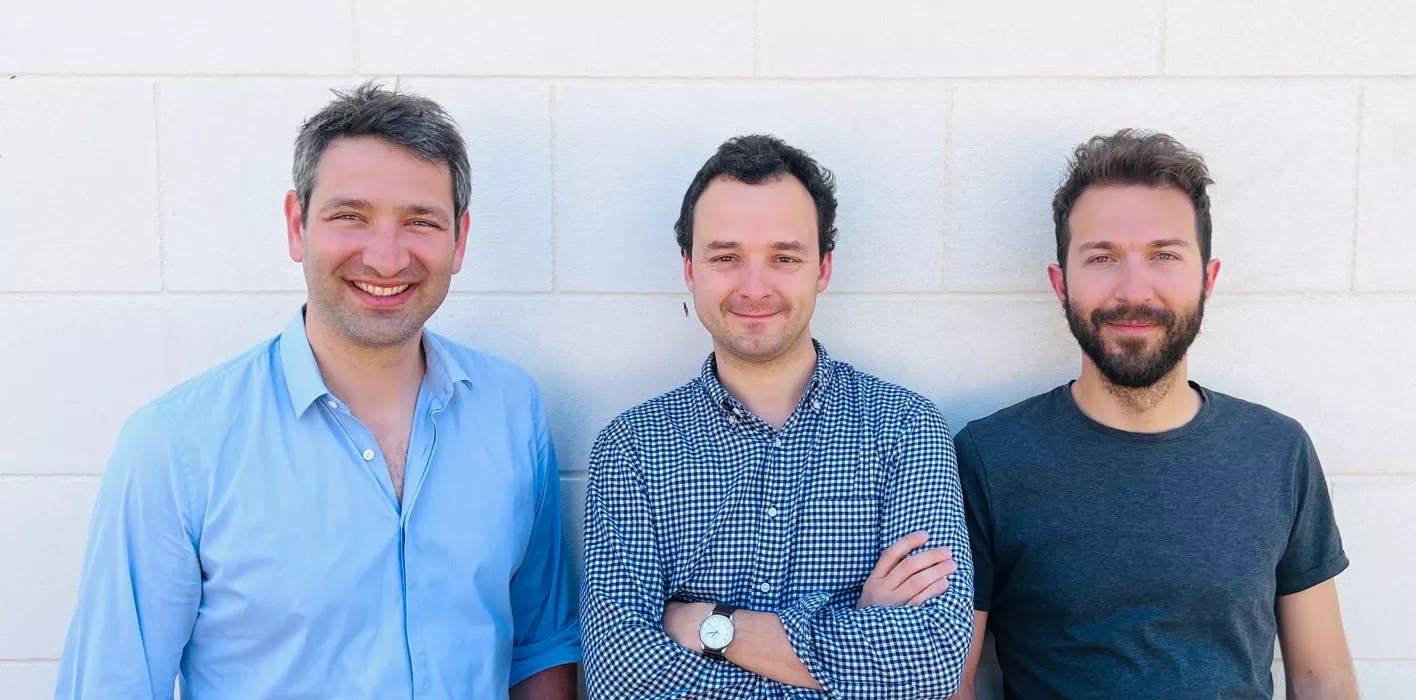As people live longer and healthier lives and fertility rates drop, population growth is slowing down while aging accelerates. By all accounts, the number of elderly people will double from now till 2050, from 700 million in 2020 to 1.5 billion. This brings about deep transformations in the age composition of western populations, with far-reaching consequences for our societies. Some are political, like the recent efforts by governments across Europe to change pension law. Others are focused on health. As the global population ages, the healthcare sector becomes strained, burdened by the increase in patients and the acceleration of conditions that have to be treated simultaneously.
For elderly people, remaining in their homes safely for as long as possible is the preferred way of receiving care. This, however, requires many resources and detailed coordination alongside potential safety risks like falls, cognitive decline or impairment.
The current ecosystem of actors is ripe for disruption. Surveys show that up to 77% of people have anxiety toward senior dependency with existing players. Furthermore, the home care market is fragmented, with thousands of small local players with less than 1% of market share. This leads to a range of issues, including lack of knowledge, uncertain quality, low stability, painful administration and poor communication.








